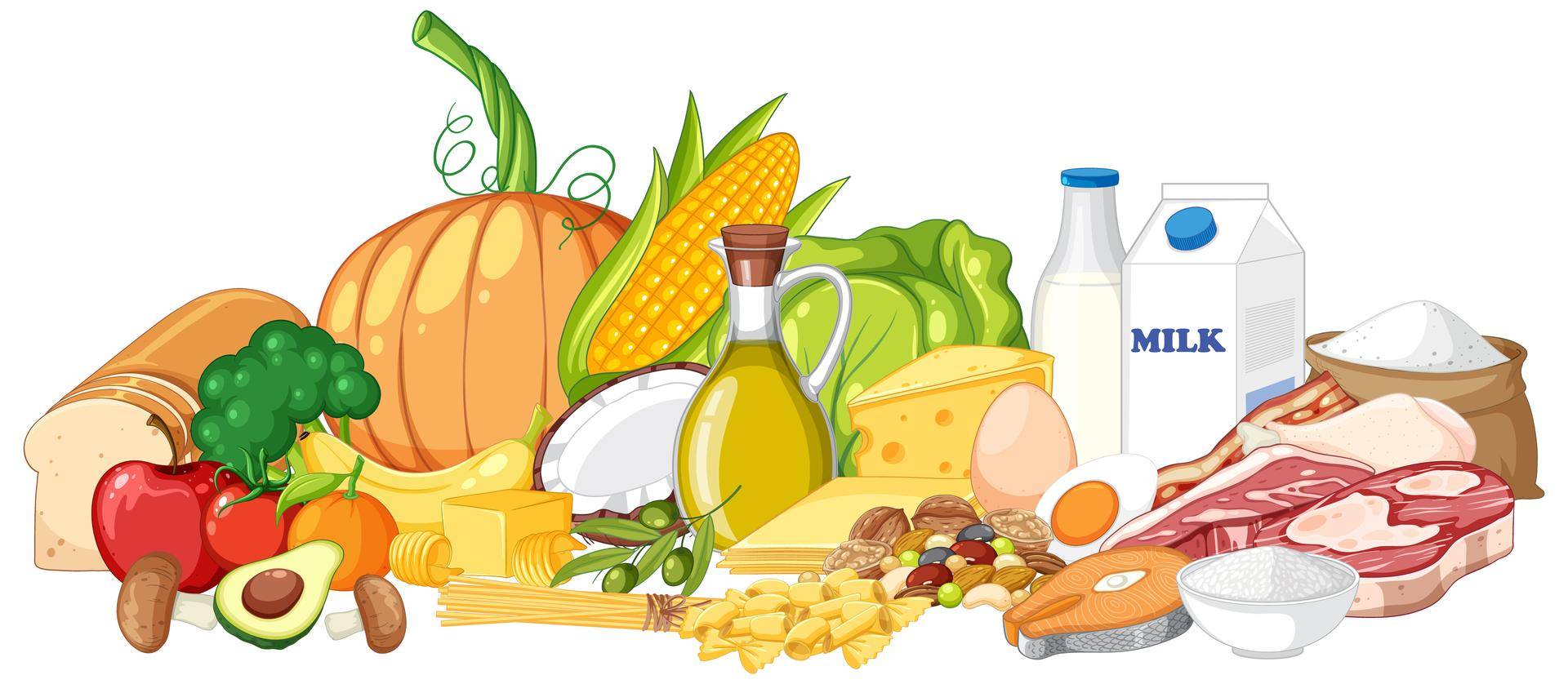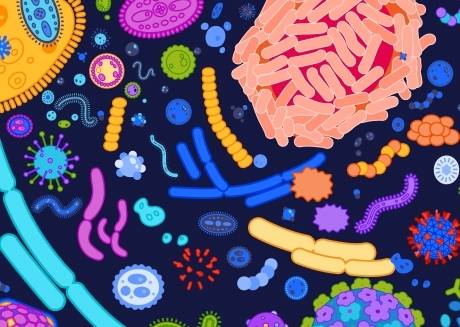

The FODMAP Tightrope: Balancing Gut Health and IBS Relief
When it comes to gut health, few topics have stirred as much curiosity (and confusion) as FODMAPs. Initially brought into the spotlight for their role in managing Irritable Bowel Syndrome (IBS), FODMAPs aren’t just about symptom control — they also play a pivotal role in shaping your gut microbiome. But is cutting them out helping or harming your gut in the long run? Let’s explore what science has to say.
What Exactly Are FODMAPs?
FODMAPs stand for Fermentable Oligosaccharides, Disaccharides, Monosaccharides, And Polyols. In simpler terms, they're short-chain carbohydrates found in everyday foods like:
- Fructose in fruits, honey
- Lactose in dairy
- Fructans in wheat, onions, garlic
- Polyols in certain fruits and artificial sweeteners
These carbs aren’t fully digested in your small intestine. Instead, they pass into your large intestine, where your gut bacteria feast on them. For individuals with IBS, this fermentation often translates into gas production, bloating, abdominal pain, and altered bowel habits — a phenomenon well-documented in clinical studies. Think of it as accidentally hosting a wild fermentation party... and you’re the unwilling host.
The Gut Microbiome: An Ecosystem in Flux
Your gut microbiome is a dynamic community of trillions of microbes, working symbiotically with your body. Some members, like Bifidobacterium and Faecalibacterium prausnitzii, produce short-chain fatty acids (SCFAs) like butyrate, which nourish your gut lining and regulate inflammation. Others, such as certain strains of Enterobacteriaceae, may fuel inflammation if they become too dominant. Emerging research suggests that people with IBS often have a distinct microbial signature — characterized by reduced microbial diversity, lower levels of beneficial SCFA producers, and sometimes an overgrowth of gas-producing bacteria.
The Low FODMAP Diet: A Double-Edged Sword
Developed by Monash University researchers, the Low FODMAP diet is a structured, short-term elimination protocol designed to ease IBS symptoms. Clinical trials have shown it can reduce symptoms in up to 75% of IBS patients. The low FODMAP diet isn’t about cutting carbs forever — it’s a strategy to dial down the over-fermentation chaos. By reducing high-FODMAP foods, you’re helping your gut recalibrate. The idea? Lower the "noise," ease the symptoms, and give your beneficial bacteria a better environment to thrive.
But here’s the twist — FODMAPs are also prebiotics. They nourish certain good bacteria, which in turn produce short-chain fatty acids (SCFAs) — vital for gut lining health and inflammation control. Cut out FODMAPs entirely for too long, and you risk shrinking your gut’s microbial diversity.
How FODMAPs Shape the Microbial Landscape
- Fructans and Galacto-oligosaccharides (GOS) act as prebiotics, selectively feeding beneficial bacteria like Bifidobacterium.
- Polyols may promote osmotic activity, drawing water into the intestine and causing loose stools, especially in sensitive individuals.
- Excessive fermentation of certain FODMAPs by gas-producing bacteria can worsen IBS symptoms but also stimulate SCFA production in others — a paradoxical effect dependent on individual microbiota composition.
What This Means: FODMAPs are not inherently "bad." Their impact is highly individualized, based on your unique microbiome fingerprint.
So… What’s the Sweet Spot?
A low FODMAP diet isn’t a life sentence. It’s a phased approach:
- Don’t DIY the Low FODMAP Diet — Work with a dietitian experienced in gut health. The goal is symptom management without compromising microbiome diversity.
- Focus on Reintroduction, Not Elimination — After the elimination phase, systematically reintroduce FODMAPs to discover personal triggers. This supports the recovery of beneficial gut microbes.
- Consider Prebiotics & Probiotics — Use targeted and personalized supplementation to support gut health during dietary interventions.
- Personalize Your Gut Care — Microbiome testing or symptom tracking can offer insights into which FODMAPs affect you most and how your gut microbiome responds.
- Don’t Fear Diversity — A diverse, fiber-rich diet remains the cornerstone of long-term gut health, and in the world of gut health, diversity equals resilience.
The Takeaway: It’s Not Just What You Eat, It’s What Your Microbes Do with It
Your gut is a living ecosystem — sensitive to what you feed it, yet incredibly adaptable. FODMAPs can either be allies or adversaries depending on the state of your gut microbiome. What works wonders for one person might not suit another. The goal isn’t total avoidance but smart management. Managing IBS — or simply aiming for better gut health — is a journey of fine-tuning and balance. By understanding how FODMAPs interact with your gut microbes, you’re not just easing discomfort — you’re making informed choices for long-term well-being. And that’s a win worth digesting!
Read More Here:
- Role of Low FODMAP Diet and Probiotics on Gut Microbiome in Irritable Bowel Syndrome (IBS)
- FODMAPS, prebiotics and gut health-the FODMAP hypothesis revisited
- The Gut Microbiome as a Predictor of low FODMAP Diet Efficacy in Functional Bowel Disorders
- The effects of low FODMAP diet on gut microbiota regulation
- Effects of Low and High FODMAP Diets on Human Gastrointestinal Microbiota Composition in Adults with Intestinal Diseases

